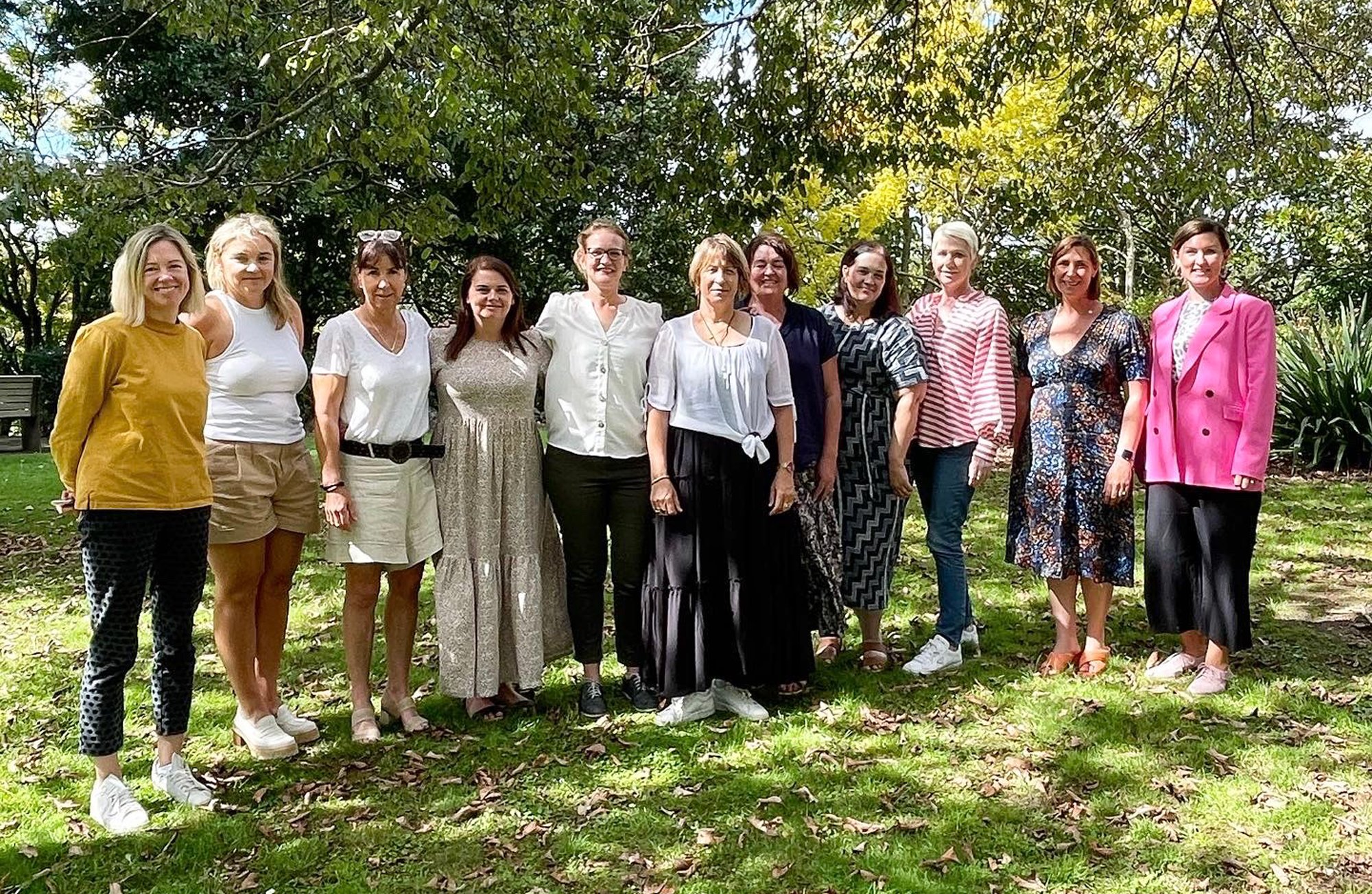Pukumahi – Doing what is right even when it's hard
Pukumahi is work we do that is hard and requires you to dig deep, be diligent and industrious. I had a kaumatua describe it to me as that feeling you get in your stomach or puku when climbing a big hill or maunga. Weave has embarked on a new strategy that has required some pukumahi. Sharing the challenges and changes helps our communities understand that we hear you and honour the work you do by endeavouring to do better ourselves.
What does that look like in practice? Here are some of the changes Weave has put in place that has required some ‘pukumahi’ by us:
We have become a proactive funder and more relationship focussed. We have stopped calling for applications 3x a year and have moved to lessen the burden on community by proactively finding the collaborations we will partner with. This is a lot more time and resource intensive; however, this is a step we have taken to empower and save time for community.
Funding – We have moved towards multi-year donations where possible. This provides more certainty around funding and also lessens work for community.
We look at what are the other things we can support our collaborations with other than funding? Sometimes that is a ‘listening ear’, advice, training, support, introductions and connections, adapting processes to meet community where they are at and helping with things that don’t cost money.
Being open to new ideas and thinking – Weave doesn’t focus on funding areas as such but the nature of the collaborations, whether it’s the environment, housing, kaupapa maaori etc., meaningful change is important to us.
Embracing equity and difference – we have done this by creating best practice frameworks to guide decision-making, seeking expertise from our collective teams to ensure we understand the change community is looking to create and prioritising resources accordingly.
Change and collaborations take time, and we are committed to doing our best for the communities we serve.

